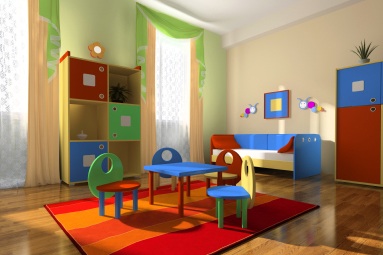It’s a challenge every parent faces. But one needs to remember that this is just another phase. It will pass.
Most toddlers want to do things their way. SO they refuse to do what you want them to do. And, learning to say no is also important. When your child is older, you’ll want him or her to be able to say no in situations that might not be conducive to her well being. So how do you deal with this situation?
Why does your child disagree?
Toddlers are at a stage when they are learning to think. They, therefore, have opinions and ideas on everything around them. They have also just begun to understand that they can have things their own way by refusing. They can actually physically resist what they don’t want to do. But at the same time, they are still too young to understand how their actions affect others, to see danger and to think before they act.
Children can resist in different ways. As your child becomes more independent, she may say no in various ways, all equally infuriating:
- Become disagreeable and refuse your request.
- Do the opposite of what you want.
- Ignore you.
- Reject you and go to someone else.
- Push away when you want a hug.
- Run away from you.
- Disappear from sight.
You may notice this kind of behaviour after your child’s first birthday and before the second birthday. At this age, most children do not have good language skills. They often misunderstand you and since they can’t speak too much, they just go ahead and do what they wish to do.Most children gradually become more cooperative between three and five years of age. They can think and remember better. They learn more about using words. They get better at controlling their emotions and their behaviour. And they learn what adults expect of them.
You can’t keep your child from disagreeing with you. It is a normal part of growing up. But there are ways to help your child and yourself during the “no” years.
When your child is facing new situations, you may notice a change in his attitude. For example, if your son is starting to go to a new school, avoid putting him to sleep in a separate bed. Give your child time to adjust to one change before introducing another.
When your child is bored, providing a new experience may help in refocusing your child’s attention. And it is always more sensible to ask rather than demand that s/he do something.
It makes sense to clearly explain what you want your child to do. Say, “Let’s put the blocks on the shelf” instead of “Let’s put the toys away.” Or to show how to “touch the kitty softly” instead of just saying, “Don’t poke the kitty.”
Be reasonable. Try to make requests that are reasonable. For example, a young child may find it easier to trade one toy for another than to give up a toy and have nothing left to play with.
In most cases, when parents find ways to reduce their own stress levels, they find their earlier image of recalcitrant children improving! Every ‘no’ uttered by the young one does not seem a total defiance of parental authority. In this area as in others, perspective helps.

![The 'NO' Years [illustration by Shiju George] The 'NO' Years [illustration by Shiju George]](../../wordpress/wp-content/uploads/2013/06/parents-12_1.gif)









